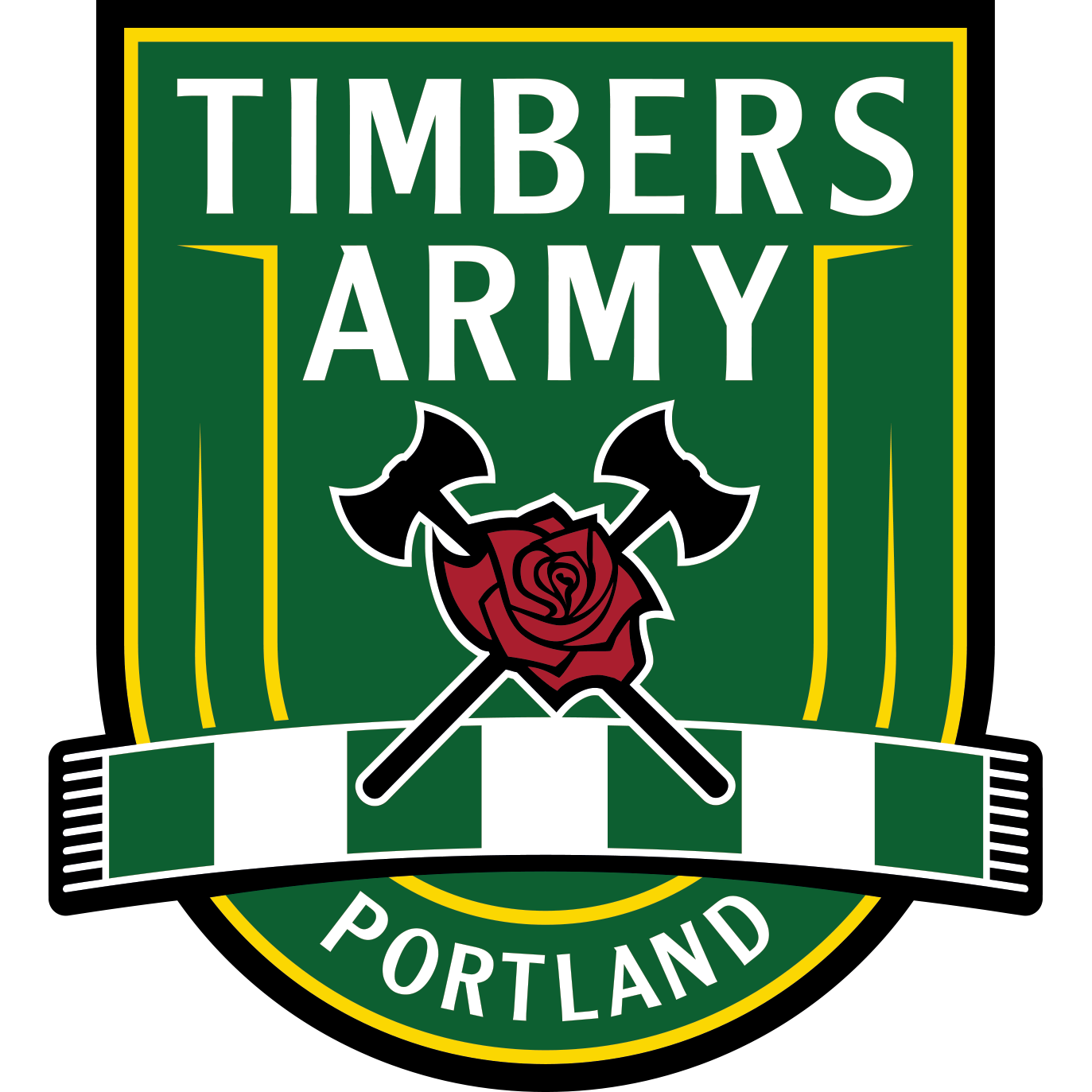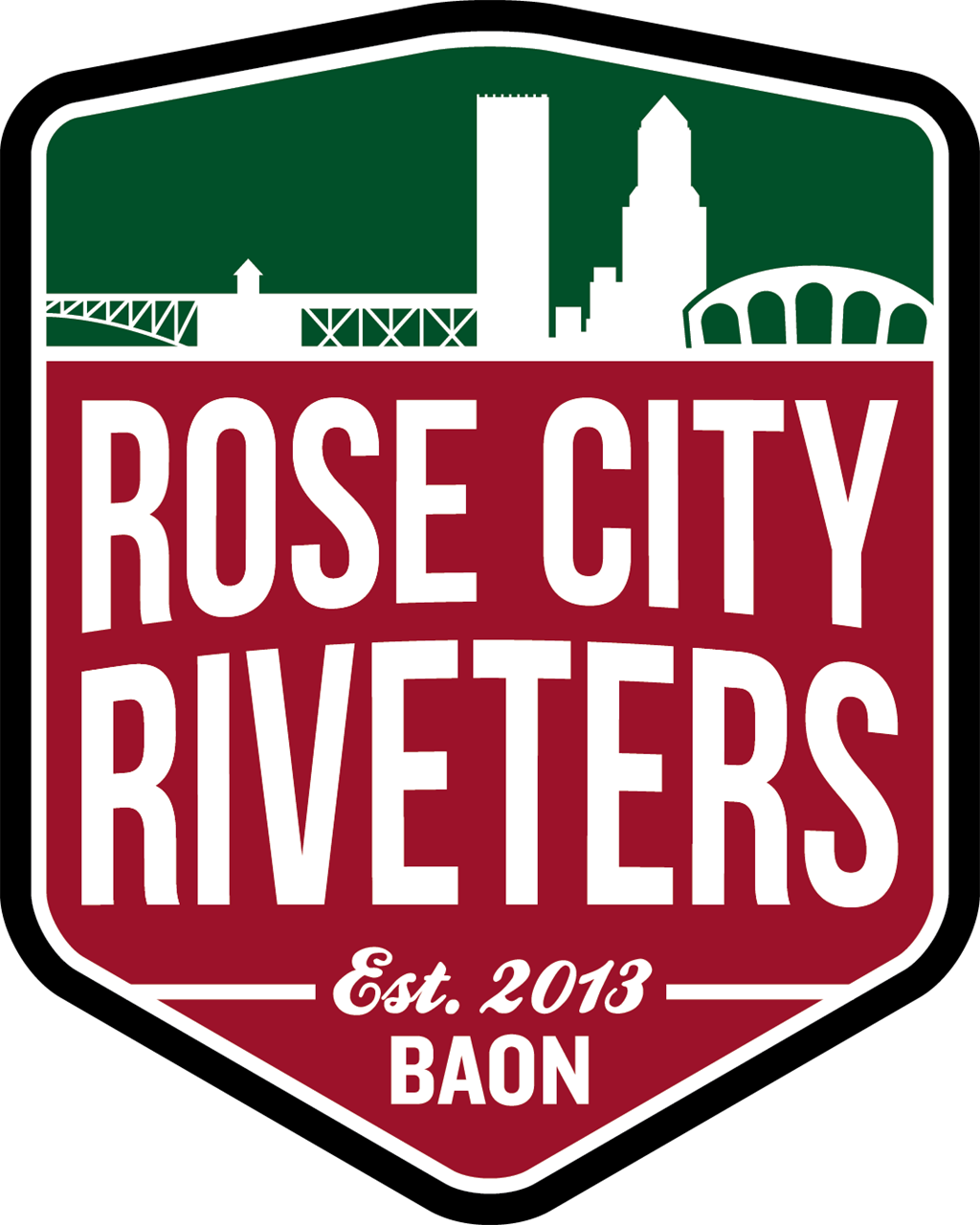—by Chris Rifer
Two virtually identical matches took place at Dick’s Sporting Goods Park on Saturday. In both matches one group looked like the class of the MLS while the other looked game, but overmatched.
The Rapids beat the Timbers 3-1 in the First Kick affair that marked Portland’s entry into the MLS. The Rapids did their damage behind a 20-minute first half onslaught. The three goals came largely as a result of three relatively discrete breakdowns by the Timbers defense and midfield. Colorado really only had four quality chances in the first half, but to their credit they converted three. The Timbers offense, while not being totally stifled in the midfield, could not convert some reasonable possession into appreciable scoring chances.
In the second half, the Timbers showed a bit more moxie in controlling most of the play with the assistance of Colorado’s new-found offensive conservatism. Nonetheless, when the Rapids did pressure in the second half, the Timbers defense looked substantially more composed in keeping Colorado from further lighting up the scoreboard. Finally, the Army was rewarded for their efforts in the 80th minute when Kenny Cooper drove home a free kick from 30 yards to tally the first Timbers goal in MLS history. It was clear at the end of the match, however, that the Timbers didn’t have the quality to compete with the Rapids, who look to be legitimate contenders in defense of their title.
Rapids supporters weren’t without their class, either. In organizing an event the night before and a pregame tailgate, the Rapids supporters showed they were passionate, educated, and organized. The Rapids’ supporters are broken into three comparatively small subgroups, The Pid Army, Bulldog Supporters, and Class VI. The contrast between the Timbers Army and the Rapids’ supporters underscored the importance of having unified supporters, an urban stadium, and a front office that cares. 3-0, Timbers Army.
Dick’s Sporting Goods Park is the antithesis of Jeld-Wen/PGE/Civic/Multnomah. It is smaller, much newer, and extremely exurban. The Park is located in the ironically-named Commerce City, surrounded by a large parking lot, soccer fields, and a wildlife refuge. No downtown, MAX, or Bitter End in sight.
Even starker was the contrast in the respective front offices attitudes toward their supporter groups. The Timbers have given the Army the entire North End to do with as we please. The result is the likelihood of an Army of 3,500 for every home match. The Rapids supporters groups are split into two small sets of bleachers behind the north goal. The bleachers are only about five or six deep, and are supplemented by terraces with a few standing tables. Basically, it’s like if the Timbers relegated the Army to the South Deck.
The Rapids supporters were equally neglected during the pregame ceremonies, when the Rapids celebrated their 2010 MLS Cup victory. The trophy was brought in right by the supporters’ terraces, but was conspicuously never paraded in front of or presented to the supporters, instead taking a direct route to midfield and back to the car.
In the end, while the Rapids beat the Timbers on the pitch, it is clear that Colorado has a lot to learn from Portland in developing a healthy supporters atmosphere. While the individual supporters showed tremendous class, the Rapids organization has neglected Pid Army, Bulldog Supporters, and Class VI to the point of allowing the Timbers Army to travel more than 1,200 miles and drown out the Rapids’ victory and championship celebration.
Game Observations
- The left side of Portland’s defense was downright awful. After a pretty good preseason, Kevin Goldthwaite looked miserable, getting pulled at halftime for the substantially more effective David Horst. Even worse, though, was Rodney Wallace. It is unclear whether it is poor fitness or a lack of confidence coming off a season lost to injury, but he looks like a shadow of the player he was as a rookie. The right side of Purdy and Brunner, while not giving the same stellar effort that they gave against Seattle, was still passable.
- Compounding the poor defensive effort was the absence of Troy Perkins. Adin Brown filled in ably, but, as anybody who attended the Cascadia Summit knows, Perkins is a save-your-bacon quality keeper. The third goal was a brilliant strike set up by some indifferent Timbers defense in the midfield. But both the first and second goals came off rebounds from Brown’s hands. Brown did well to deflect the initial balls, but it is hard not to think that Perkins doesn’t keep hit mitts on at least one of those. What a different game it is if he does.
- Jorge Perlaza and Kenny Cooper have the potential to be a fantastic strikeforce. Their chemistry is understandably a little bit lacking right now, and Perlaza is going to take a few months to adjust to the physicality of the MLS, but look for this duo to be lethal late in the season.
- John Canzano, in his column on the game, unfavorably compared the Timbers’ first ever major match to those of the Blazers, University of Oregon football, and Oregon State football. The Blazers beat the Cleveland Cavaliers 115-112 at Memorial Coliseum. The Cavs, at the time also an expansion team, finished 15-67 that year. The Ducks and Beavers beat Albany College 44-2 and 62-0, respectively, in their openers. At the time they played the Ducks and Beavers, Albany College was located on a seven-acre campus in Albany, Oregon. Albany College has since grown substantially and moved to Portland, changing its name to Lewis & Clark College. The Timbers lost an away match 3-1 to the Colorado Rapids, the defending MLS Cup Champions.


